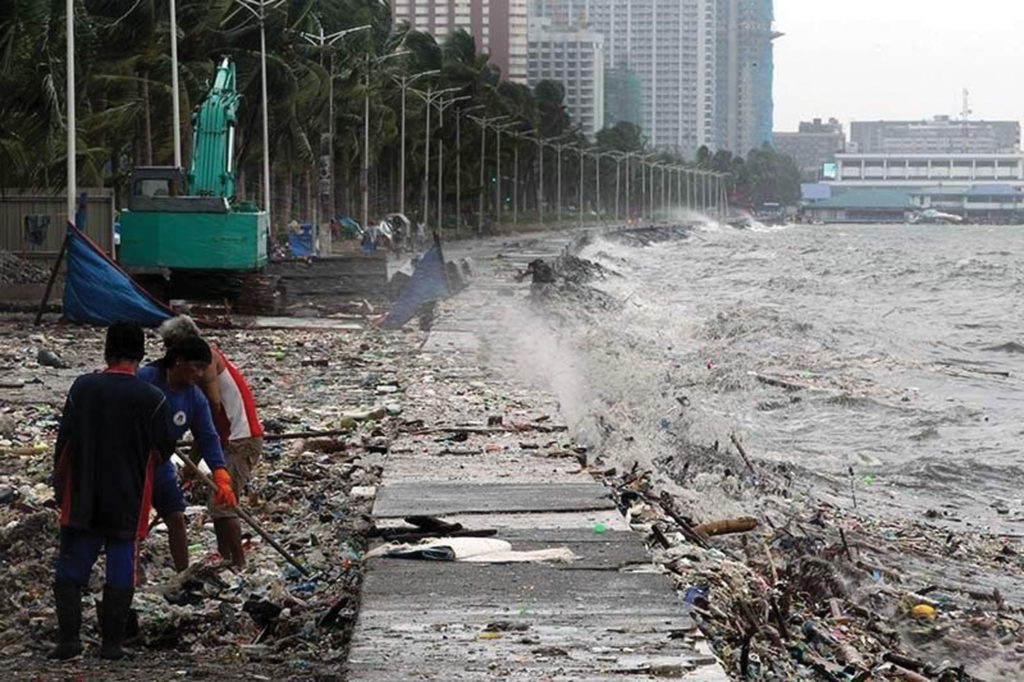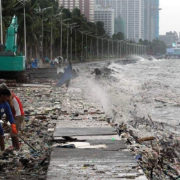
THE Philippines is “in the middle of a garbage crisis,” Environment Secretary Roy Cimatu warned as he urged Filipinos to start being mindful of how their actions impact the environment.
“If we continue to act only for our independent interests, continue to spoil our water bodies and fail to responsibly manage our wastes, we will not be able to sustain our efforts on this campaign,” he said during a forum in Taguig City on Thursday, December 5,
“We and the following generations will all suffer the consequences if we do not change the way we behave as an organization and as individuals,” he added.
According to Cimatu, the country’s problem with solid waste needs to be addressed immediately, noting that Metro Manila, with a population of 12.8 million, surpassed the baseline on the volume of solid waste generated this year.
“By the first quarter, we have already produced 34,574.77 cubic meters or 59.45 percent of the total,” he revealed.
“The 2019 second quarter estimated waste generation sums up to 32,221.17 cubic meters. This amounts to another 55.45 percent of the total. The target estimated waste generation baseline for 2019 of 58,112.31 cubic meters has already been surpassed,” he added.
Cimatu also said that the Philippines was ranked by published environmental studies as the third highest source of ocean plastic pollution, with an estimated 2.7 million metric tons of plastic waste leakage annually, following China and Indonesia.
The Department of Environment and Natural Resources (DENR) is currently completing the agency’s order banning the use of single-use plastic nationwide.
Aside from this, DENR also plans on taking the task of cleaning and rehabilitating Manila Bay.
Cimatu said that 13,212 establishments around Manila Bay have been inspected.
“Of these, 2,684 establishments have been issued with notices of violation of environment regulations, while 1,910 more will be issued,” he said.
“Addressing the large-scale challenge of rehabilitating Manila Bay requires attention and probing from a micro-level perspective. Hence, the DENR programs for Manila Bay rehabilitation are strategically defined to attend to the issues stemming from the identified sources of wastes,” he added.
Cimatu also dismissed the doubts on the viability of Manila Bay’s rehabilitation.
“Rather than voicing criticisms without providing concrete solutions, let us transform these sentiments into positive action that can spur positive change to our environment,” he said.





